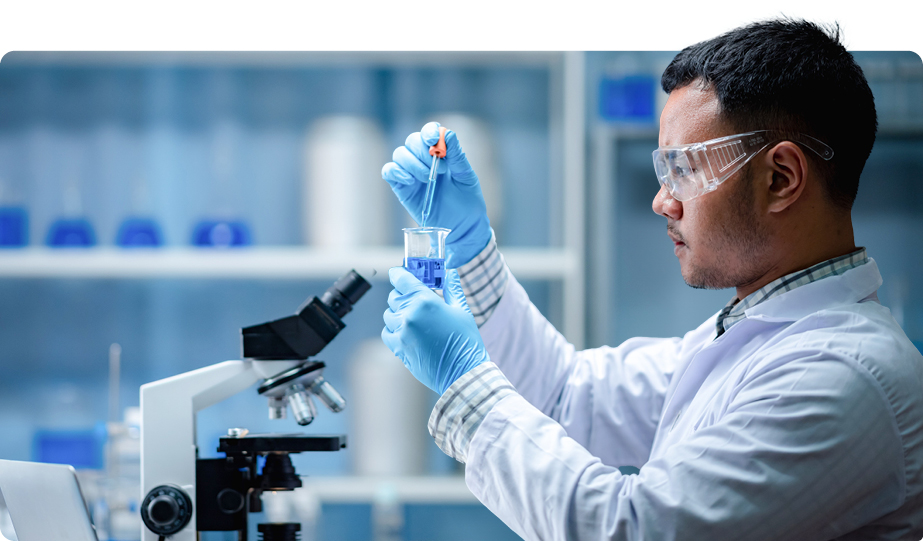Exploring
New Materials
for a Better World
We engineer new materials from chemical and living building blocks to overcome frontiers in functionality, performance, and sustainability.
We transfer our materials to drive sustainable technologies and solve societal and technological challenges in synergy with academic and industrial partners.

Bio-intelligent Materials
We design materials that can instruct biological systems and program living organisms to inter face materials and augment their properties.
Electro-integrative Materials
We develop materials that integrate high-density ion management and stimulus- responsive conductivity.
Opto-interactive Materials
We develop materials that modulate light be havior, or that are modulated upon interaction with light.
Facts & Figures
News
15.05.2025 |
MONDAY 26.05.25
Alte Bibliothek, INM – Leibniz Institute for New Materials, Campus D2 2, Saarbrücken
Biomedical Device Engineering
Prof. Huanyu“Larry” Cheng, Prof. Ghulam Destgeer, Prof. Andreas Güntner, Prof. Sebastian Kruss, Prof.Alexey Tarasov, Discover more
25.04.2025 |
MONDAY 29.09.25
Leibniz Institute for New Materials, Saarbrücken









